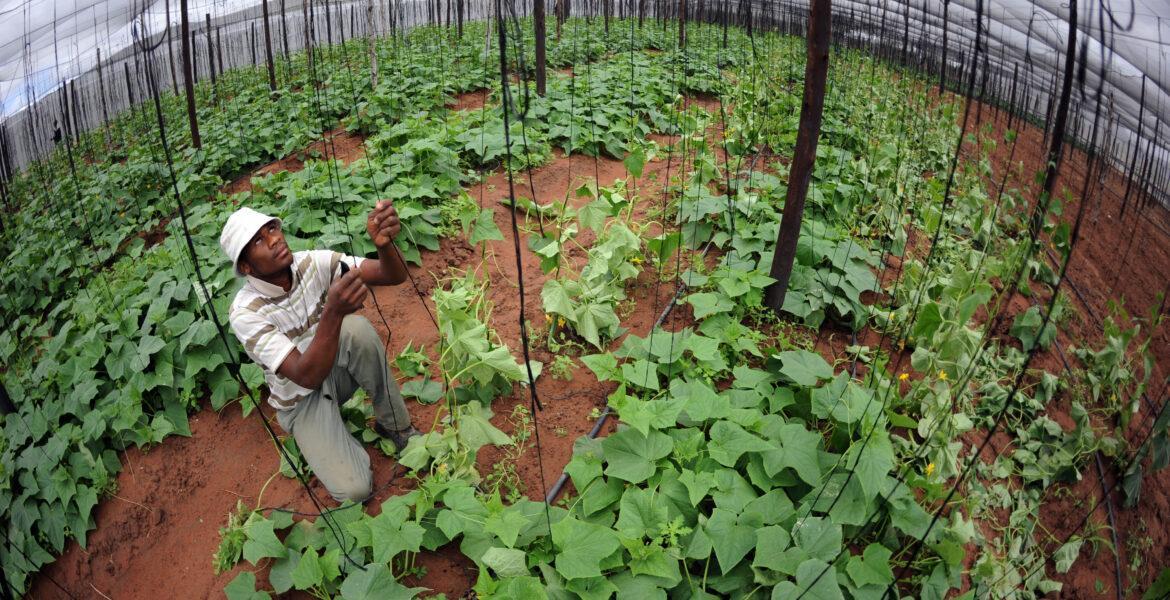Africa-Press – Botswana. Land Restoration Strategy seeks to reverse unsustainable management of natural resources, Food and Agriculture Organisation of the United Nations Botswana Professor Joyce Lepetu has said.
Speaking at the National Land Restoration Strategy workshop in Rasesa recently, she said Africa was faced with ecological challenges including the degradation of land habitats caused by factors like deforestation and desertification.
She said increasing land degradation severity and its expansion in many parts of Botswana was impacting thousands of people, adding that Kgatleng District was the second highly degraded area in Botswana after Kgalagadi.
In that regard, she said the workshop was meant to dialogue with Kgatleng communities on issues of mitigation and adaptation measures to restore their land. She warned that land degradation impacted on food production, goods and services, livelihoods, and the production and needs of other ecosystem.
Prof. Lepetu said land degradation drivers like unsustainable grazing, fuel wood harvest and veld fires were the main cause of degradation in the country, hence government prompted to join the global community to combat the situation.
She said investing in a healthy land was not just a smart economic decision, but a welcome development that could not only create employment but insulate economies against future crises caused by climate change and nature loss.
She noted that Botswana has acceded to United Nations Convention to Combat Desertification (UNCCD), and was committed to addressing land degradation with intent to achieve sustainable environment without compromising community livelihoods.
Therefore, she said it was important to raise awareness to everyone that reversing land degradation was achievable through strong community involvement and cooperation at all levels.
Kgatleng District agriculture coordinator, Mr Andrew Moipopi said degradation in Kgatleng was caused by veld fires and illegal sand mining that mainly occurred around the Kgatleng East villages.
He said such fires led to severe environmental degradation, reduced land cover and expose the soil to agents of accelerated erosion.
“Restoring degraded land helps biodiversity to recover thus slow down climate change, therefore expanding tree planting exercises in woodlots or plantations and adopting long root system of planting trees as practiced in Artesia will lessen impacts brought by land degradation on our economy,” he said.
To curb illegally sand mining, Mr Moipopi emphasised regular maintenance of fire breakers and zoning of potential land mining areas. He said a successful restoration of degraded land needed government departments to work together in reviewing and harmonising existing policies.
The workshop organised by the Department of Forestry and Range Resources in collaboration with FAO discussed implementation of project on Land Degradation Assessment, Monitoring and Development of Restoration Strategy.
For More News And Analysis About Botswana Follow Africa-Press






